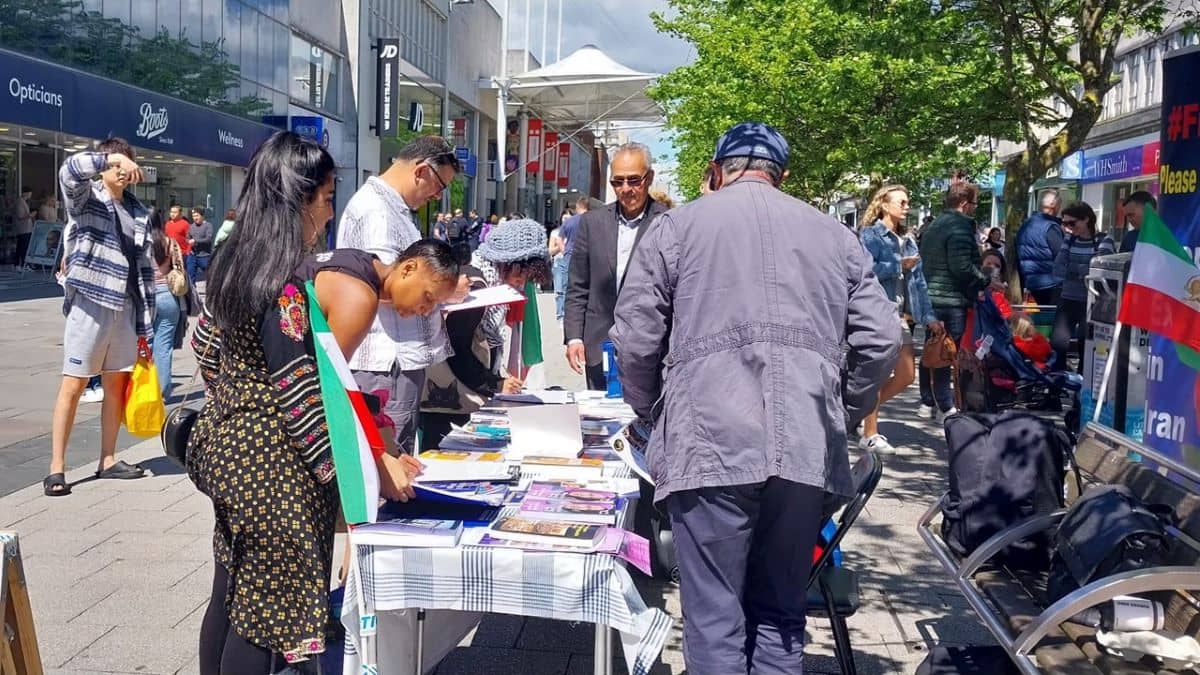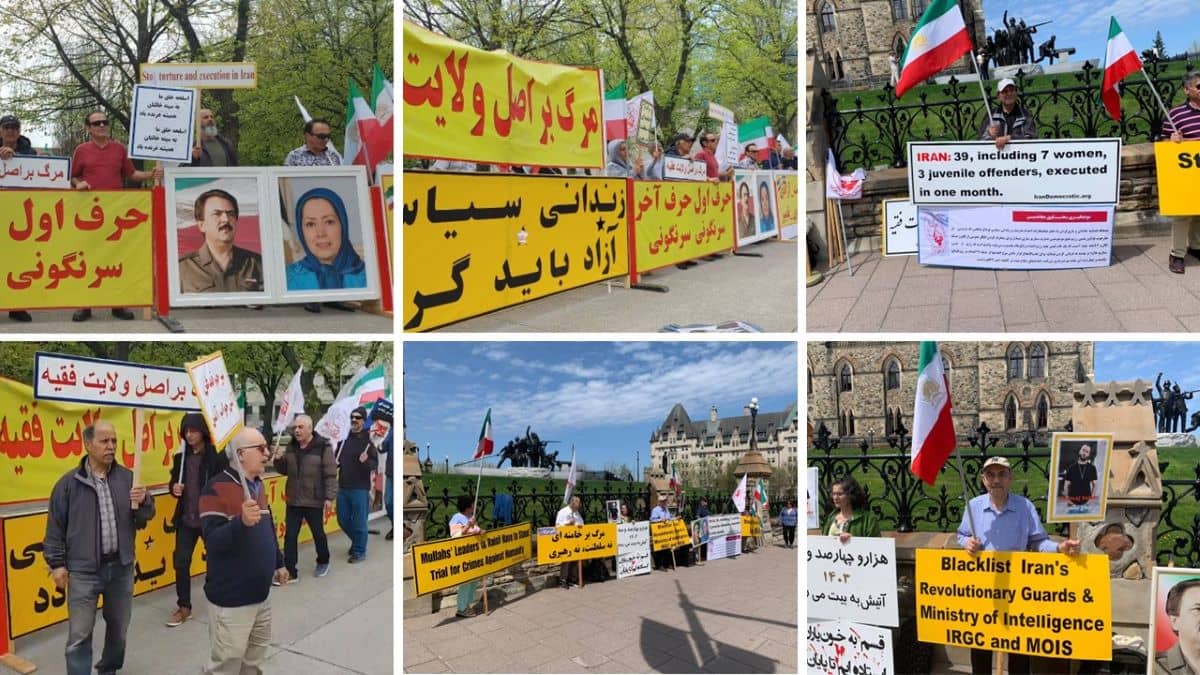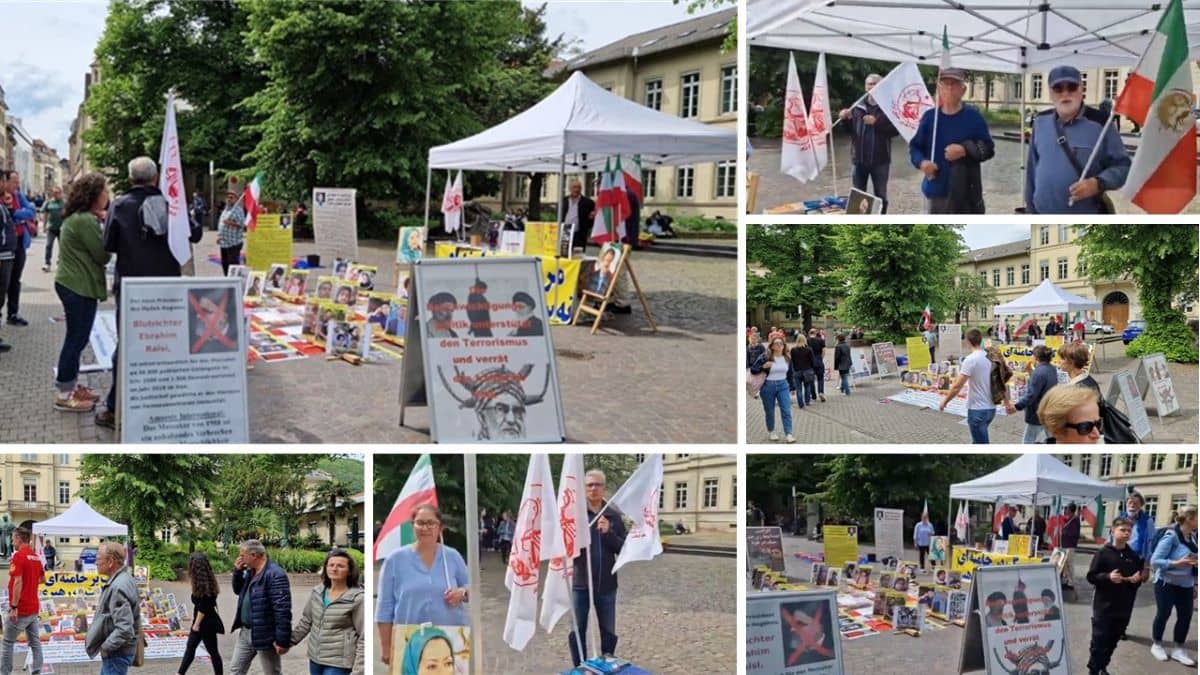Amnesty International: Iran’s crimes against humanity
Amnesty International says in a new report: “The Iranian regime’s refusal to come clean about the secret executions of thousands of dissidents 30 years ago amounts to an ongoing crime against humanity.”
In an effort to stamp an overwhelmingly popular pro-democracy movement, in summer of 1988, the clerical regime’s founder, Ruhollah Khomeini, issued a fatwa ordering that all the political prisoners who did not repent should be summarily executed, without mercy.
https://iranfreedom.org/en/2018/09/06/1988-massacre-iran-maryam-rajavi/
Over the course of a single summer, some 30,000 political prisoners, the vast majority of them were the activists of the main Iranian opposition movement, the People’s Mojahedin Organization of Iran (PMOI/MEK) were sent to the gallows and were secretly buried in mass graves.
Since 1988, the Iranian regime has enforced a conspiracy of silence on the 1988 massacre and worked hard to cover up these horrors, as the locations of the mass grave sites remain largely unknown and the public is banned from visiting those that have been uncovered.
#Iran’s leaders have openly celebrated the mass slaughter of thousands of political dissidents in 1988, grotesquely hailing the killers as heroes.
It’s time for a different story. We demand #TruthAndJusticeNowhttps://t.co/Z3ks14QhfC pic.twitter.com/xtrmMOaCuR
— Kumi Naidoo (@kuminaidoo) December 4, 2018
But in August 2016, an audio recording was released of a meeting held in 1988 with Khomeini’s heir-apparent at the time, Hossein Ali Montazeri, who lambasted the officials responsible for the massacre, condemning the incident as “the worst crime of the Islamic Republic.”
Two years ago, after a 28-year hiatus, the UN Special Rapporteur on the situation of human rights in Iran raised the issue of the 1988 massacre in her report to the UN Secretary General in September. “Overwhelming evidence shows that thousands of persons were summarily killed. Recently, these killings have been acknowledged by some at the highest levels of the State,” she reported.
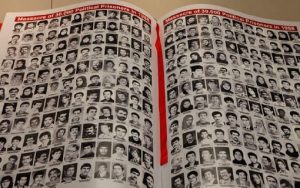
On Dec 4, 2018, in a damning new report on mass prison killings in Iran in 1988, Amnesty International has named a number of high-ranking officials who were involved in the forced disappearance and secret execution of thousands of political dissidents.
Amnesty International’s 140-page report – Blood-soaked secrets: Why Iran’s 1988 prison massacres are ongoing crimes against humanity – describes how, in late July 1988, the authorities put prisons across the country on lockdown and suspended family visits. In the following weeks, at least 5,000 political dissidents were extra judicially executed in a coordinated operation to eliminate political opposition. This was on the orders of a secret fatwa issued by the Supreme Leader of Iran, Ruhollah Khomeini.
Most of the victims were serving prison terms issued years earlier. Majority of them were affiliated with the PMOI/MEK.
Philip Luther, Amnesty International’s Middle East Research and Advocacy Director, said:
“These blood-soaked secrets from Iran’s past continue to haunt the country to the present day.
“The fact that to this day the Iranian authorities refuse to acknowledge the mass killings, tell relatives when, how and why their loved ones were killed and identify and return their bodies, means that the enforced disappearances are continuing today.”
With no prospects of justice for victims inside Iran, it is even more crucial that the UN establishes an independent, impartial and effective international mechanism to help bring those responsible for these abhorrent crimes to justice.”
Amnesty International’s report says that “the families and survivors in Iran have been grossly failed by the UN and the international community. A lack of condemnation from the UN Commission of Human Rights at the time and a failure of the UN General Assembly to refer the situation to the Security Council has served to embolden Iran’s authorities in its pattern of denial and persecution of relatives.”
It is to be mentioned that since 2016, the 1988 massacre has been a major social issue in Iran, and the campaign calling for justice for the victims of the 1988 massacre has expanded both in Iran and abroad. All efforts to neutralize this movement have failed, putting the regime in a corner.
But there has never been an independent, international investigation of the massacre, which according to many legal experts constitutes one of the biggest crimes against humanity since World War II. And the ayatollahs’ impunity has continued.
The families of the victims in Iran deserve closure and justice, which cannot be achieved without an official investigation into the brutality perpetrated by the regime. Creating a commission of inquiry into the crimes of the Iranian government would further establish this precedent of justice and protecting human rights, and would display to the world that those who violate international law on such a deadly scale will be held responsible for their actions.
As the highest international authority entrusted with the task of upholding and safeguarding human rights, the United Nations General Assembly has both a moral and a legal authority to launch such an investigation.

